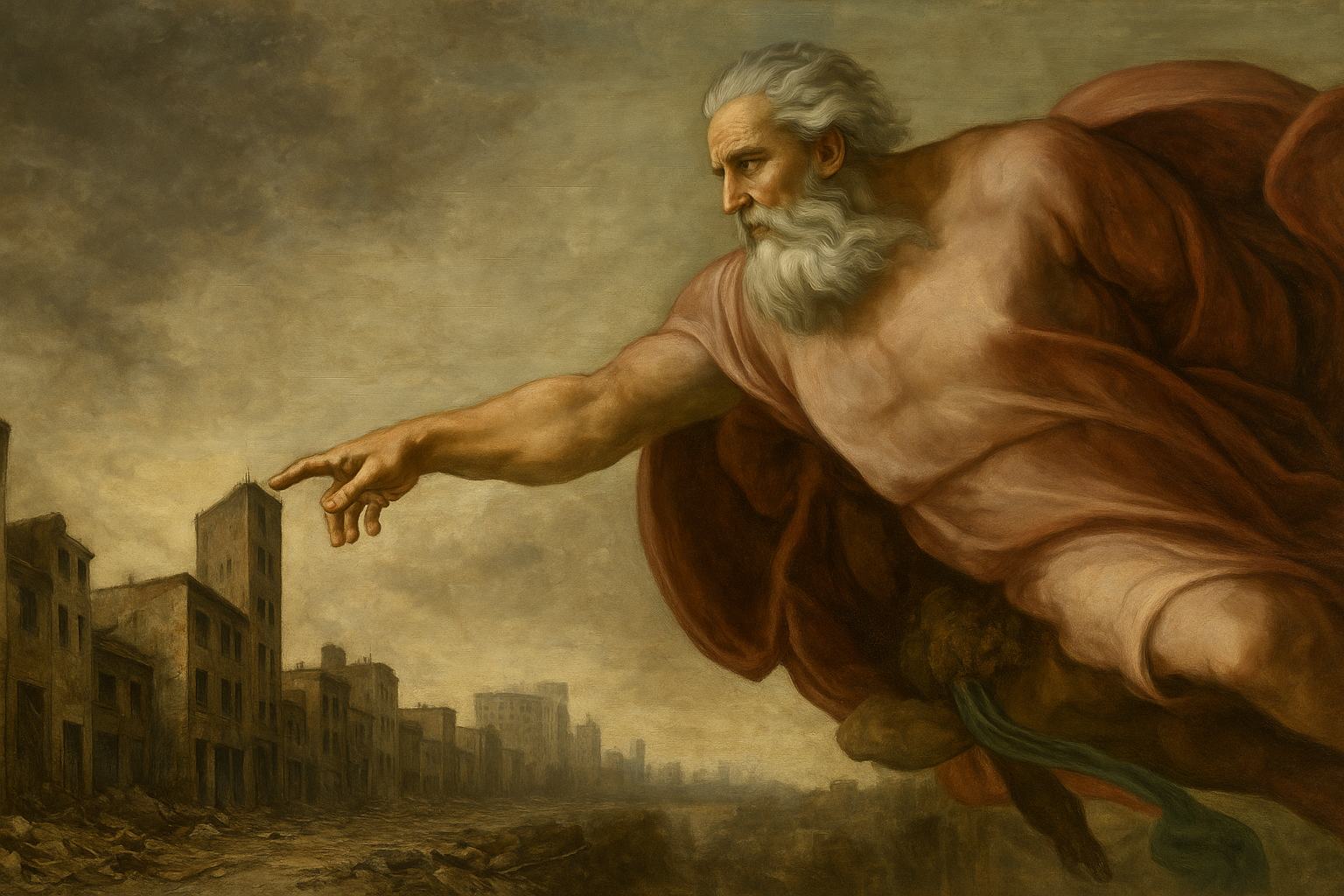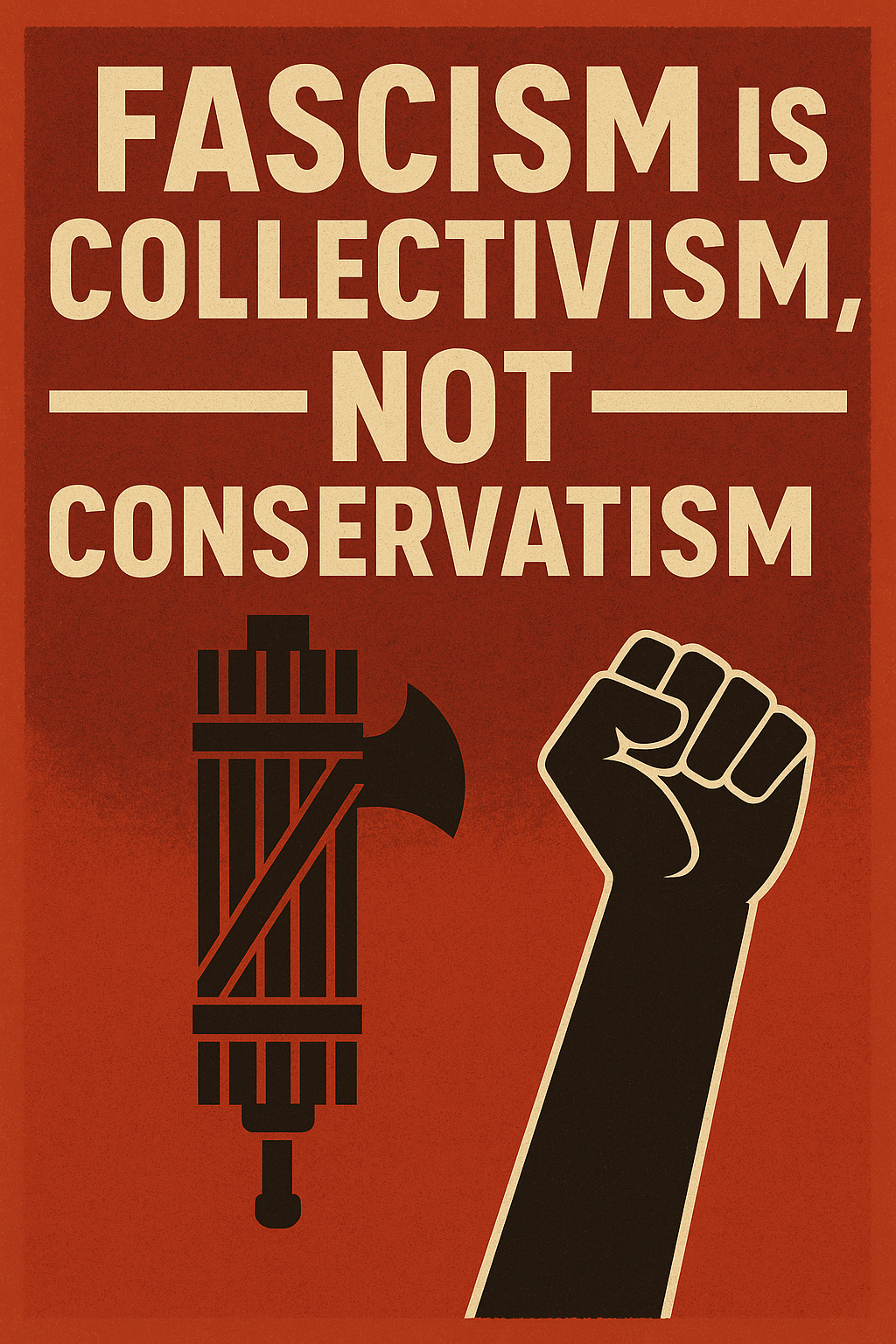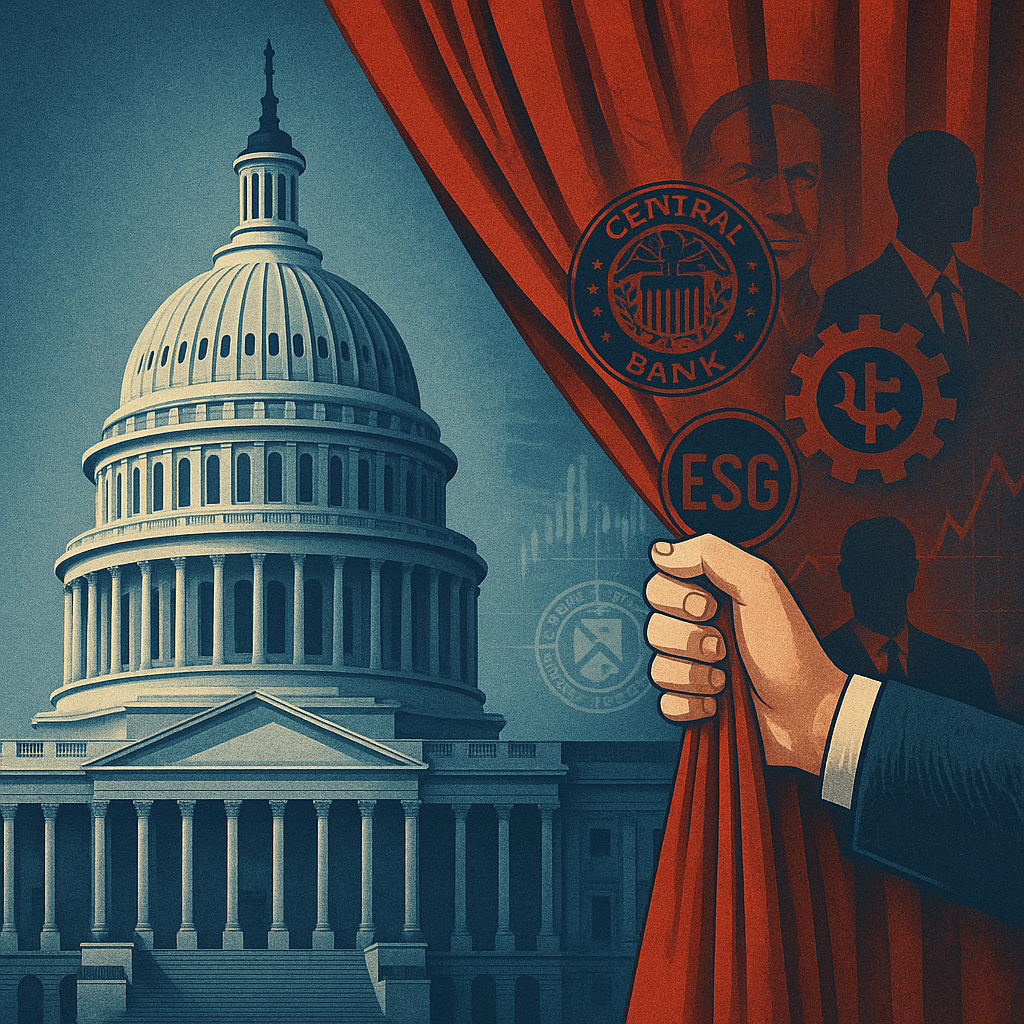There are actually two schools of libertarianism, and they do not get along well. The first are the Ayn Rand ‘Objectivists’, or what one might call the ‘Moralist Libertarians’. They believe that it is immoral to have a society that has any form of compulsion at all. They want no taxes of any kind, and thus no services provided with non-voluntary taxes. They believe in libertarianism as an almost religious ideal. The Daily Libertarian is not in their camp. Most of them are members of the Libertarian Party.
The other school of libertarianism are people who align more with a Milton Friedman school of thought. One might call these Libertarians ‘Practical Libertarians’, and this is the group The Daily Libertarian falls into. We believe in libertarian principles, not on some sense of moral purpose (though we do view libertarianism on a positive moral plane), but rather we believe in libertarianism because it works. In a nutshell, we want a nation of laws, where the laws are applied equally to everyone, and we want government restrained to doing only those things it is specifically granted the power to do in the US Constitution, with an originalist interpretation of that document. Basically, we want government to enforce the non-aggression principle, and perhaps do things that either:
1) Make our free market economy more efficient, or
2) Provide for those legitimate societal (not individual) needs that run counter to market efficiencies.
Roads make markets more efficient, so we are open to having government make roads if there is no more efficient way to do that. Police and fire protection are good government roles if there is no more efficient way to deliver that. If you can convince us that government would be able to do something more efficiently than private markets – or more to the point, that having government do something would make a free market economy more efficient AND that government can do it better than can the markets – we will likely agree.
Truth in advertising laws make markets more efficient. Environmental protection can be viewed as a legitimate societal need that at least in some cases runs counter to market efficiencies.
Libertarianism is also split along a second plane, and that is between those who think economic issues are the most important, and those who think that social issues are the most important. If a libertarian puts social issues first, they are apt to be Democrats. If a libertarian puts economic issues first, they are apt to be Republicans. Most libertarians seem to put economic issues first, but there are a surprising number of libertarians who tend to vote Democrat.
The goal of libertarianism is to unite all of our factions around someone like Rand Paul. The Moralist Libertarians will never support someone like Rand Paul however because to them he is a sellout. As a matter of fact, the Moralist Libertarians will never turn out in large numbers for ANYONE because to them EVERYONE is a sellout in some way, and they would rather vote for Donald Duck than vote for someone they consider a sellout.
We think the biggest fear the leadership of both parties has, in our two party system, is that the party system will fracture around big government and little government camps – in other words between libertarians on one side, and socialists or communists on the other, with of course various sets of beliefs between those extremes. If that happened, the country would pivot right on economic issues and left on social issues, with individualism replacing collectivism, and collectivist programs, such as the social safety net, being gauged not on how much they cost, but on how well they accomplish stated goals, such as in providing dignity while restoring people to self sufficiency.




